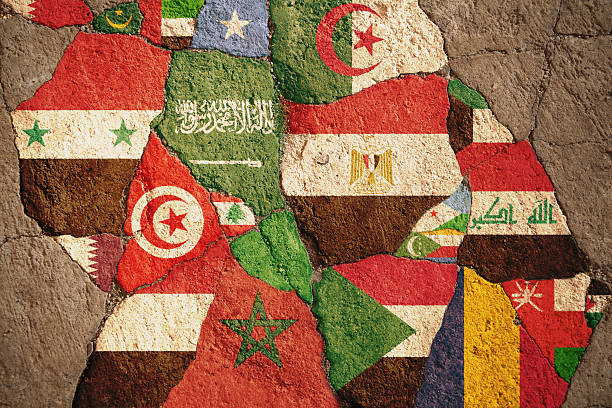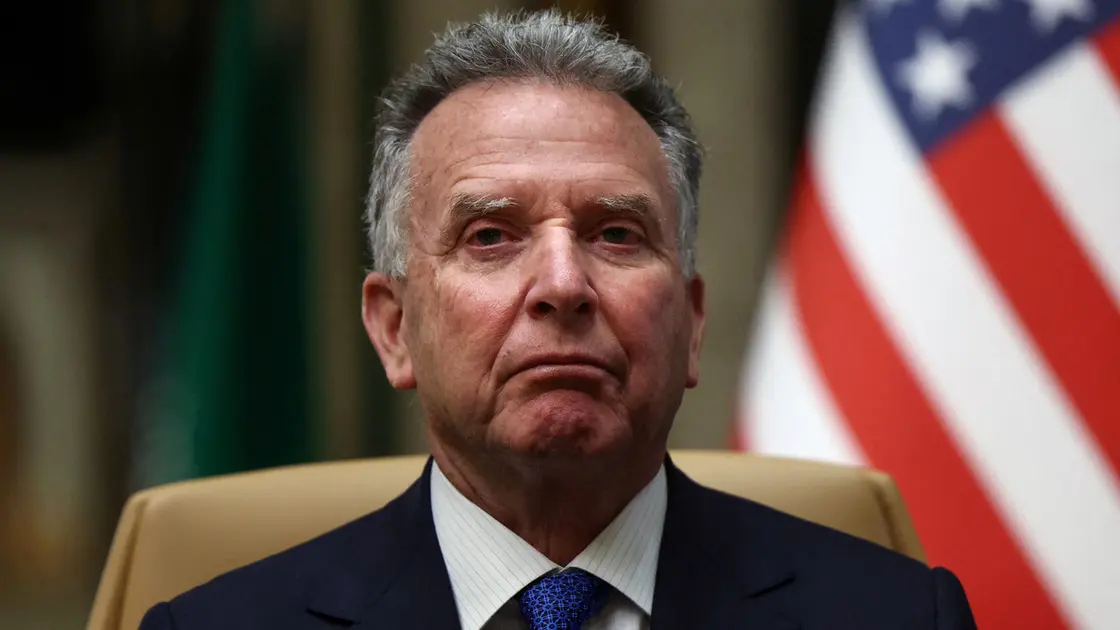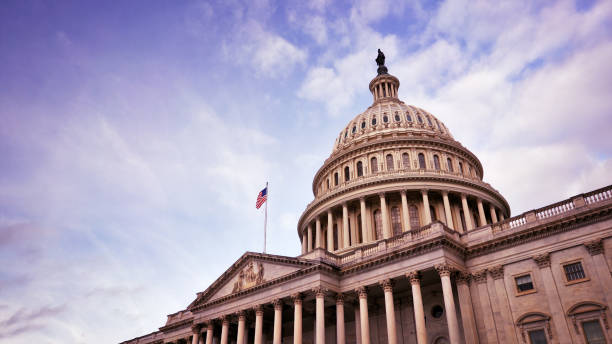Source Credit: AL JAZEERA
GAZA: In a move that has sent shockwaves through the international community, U.S. President Donald Trump has unveiled a controversial proposal to "take over" the Gaza Strip, suggesting the displacement of over two million Palestinians to neighboring countries such as Jordan and Egypt. Trump envisions transforming the war-torn enclave into a Mediterranean riviera, a plan that has been met with widespread condemnation and rejection from global leaders and human rights organizations.
The proposal, first hinted at on January 25, 2025, involves the United States assuming control over Gaza, with the intent to clear unexploded ordnance, remove debris, and develop infrastructure to create jobs and housing. Trump argues that relocating Palestinians would offer them safer and more stable living conditions, preventing the region from reverting to conflict and instability. However, critics have labeled the plan as "ethnic cleansing," emphasizing that it violates fundamental principles of international law. Josep Borrell, former High Representative for Foreign Affairs of the European Union, stated, "The U.S. proposal would accelerate forced displacement of Palestinians from their lands, which began in the 1947-48 Nakba."
In response to the proposal, Arab nations have swiftly mobilized to formulate a unified stance. A recent meeting in Riyadh, attended by leaders from Gulf countries, Egypt, and Jordan, concluded with a collective rejection of any attempts to displace Palestinians from Gaza. While the discussions underscored the importance of preserving Palestinian rights and sovereignty, they did not yield a concrete alternative plan for Gaza's reconstruction, estimated by the United Nations to require over $50 billion.
Saudi Arabia, in particular, has been vocal in its opposition. The Saudi Ministry of Foreign Affairs emphasized the kingdom's unwavering commitment to the establishment of a Palestinian state, with East Jerusalem as its capital. Crown Prince Mohammed bin Salman reiterated that normalization of relations with Israel is contingent upon this condition being met. The kingdom is also leading efforts to develop an alternative plan that focuses on rebuilding Gaza through Gulf-funded initiatives, sidelining Hamas from governance, and establishing a Palestinian committee to oversee the territory.
Egypt, sharing a border with Gaza, has expressed deep concerns over the potential influx of refugees that such a displacement could trigger. The Egyptian government has categorically rejected the proposal, citing fears of regional destabilization and the forced displacement of Palestinians from their homeland. This sentiment is echoed by Jordan, which has also dismissed the plan, underscoring the potential demographic and political ramifications of absorbing a large number of displaced Palestinians.
The international community has largely denounced the proposal. Legal experts and human rights activists argue that implementing such a plan would amount to ethnic cleansing. Lama Fakih, Middle East and North Africa director at Human Rights Watch, remarked, "Implementing Trump's proposal would move the U.S. from being complicit in war crimes to direct perpetration of atrocities."
As the situation unfolds, Arab leaders are scheduled to convene again in Cairo in the coming weeks to discuss viable alternatives that respect Palestinian sovereignty and address the humanitarian crisis in Gaza. The outcome of these discussions remains uncertain, but the unified stance against forced displacement highlights the region's commitment to upholding Palestinian rights in the face of external pressures.








